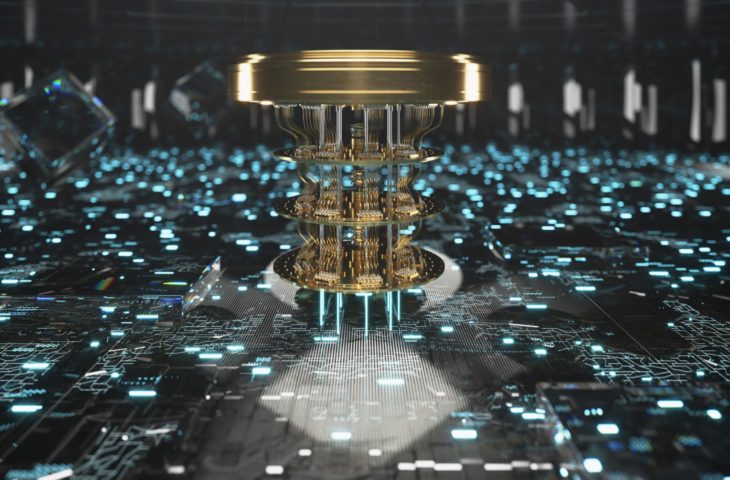Google’s new powerful quantum chip may be almost infinitely more powerful than traditional supercomputers, but cracking existing cryptographic algorithms is not yet an option.
Google is confident that its newly proposed Willow quantum chip poses no threat to modern cryptography. With its Willow chip, the company achieved an important breakthrough in the development of functional quantum computers. Willow was able to perform a test calculation in just under five minutes that would take conventional supercomputers like Frontier significantly longer than the age of the universe.
Google is taking an important step towards usable quantum computers, not least because of the technology it uses. Finally, Google has developed a quantum error correction system that becomes more accurate the more qubits there are in a computer. This opens the door for more complex systems.
4 million qubits
Willow currently has 105 qubits. According to Google, this is far too small to pose a threat to modern encryption technologies. There will come a time when quantum computers can break traditional encryption with ease, but that moment is not imminent. Speaking to The Verge, Google Quantum AI Director Charina Chou says a quantum computer will need around four million qubits. She estimates that such a system will take at least ten years.
That doesn’t mean there’s no danger. At the state level, sensitive information is sometimes kept confidential for more than ten years. This means that data must be encrypted using quantum-resistant algorithms long before a powerful quantum computer is created. Such standards have been in the works for some time.
